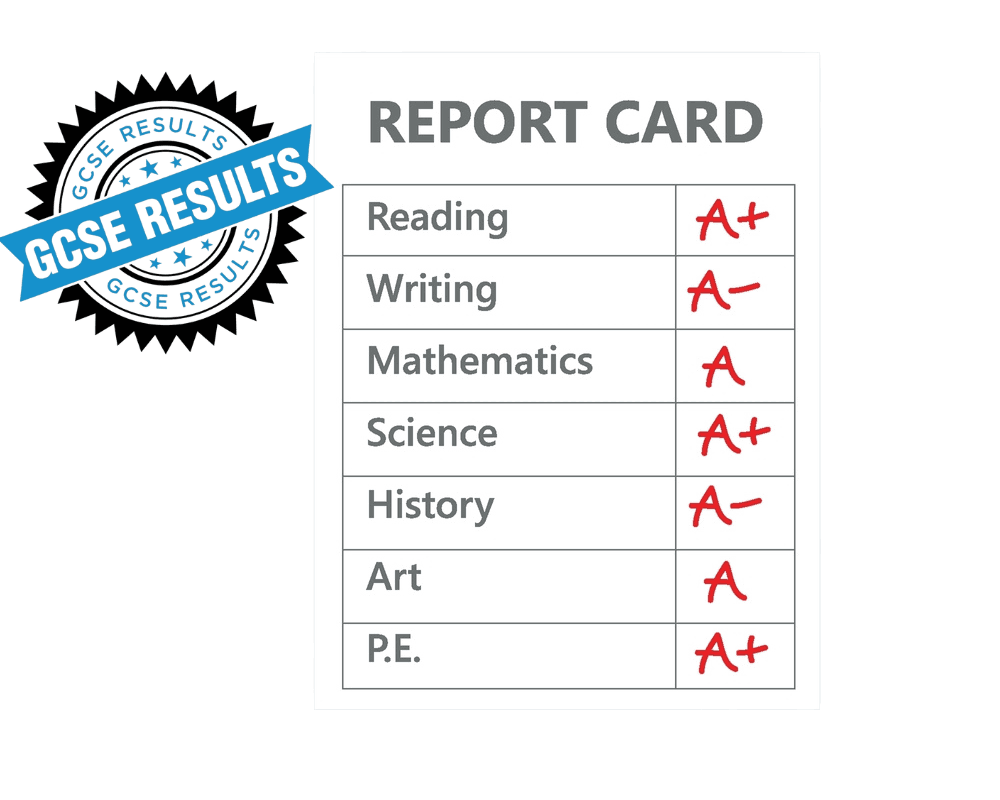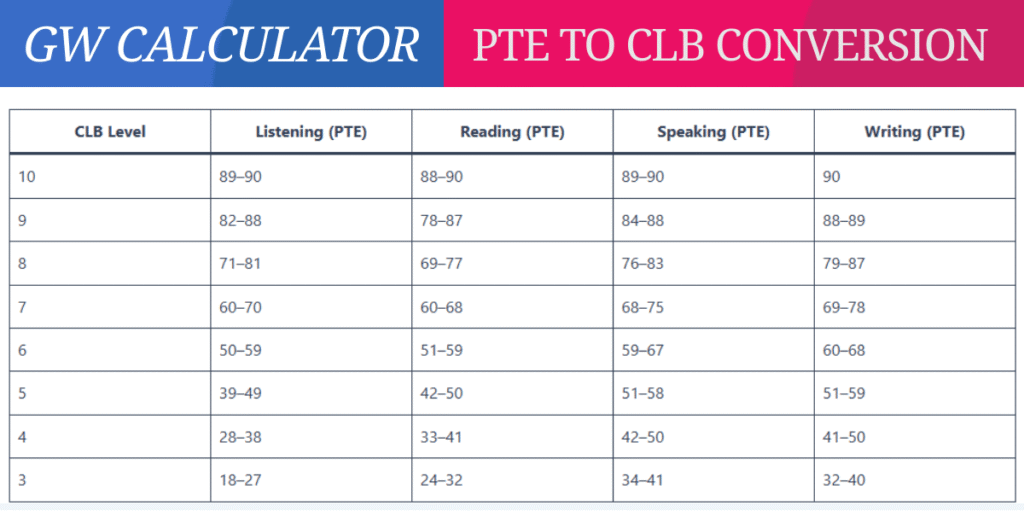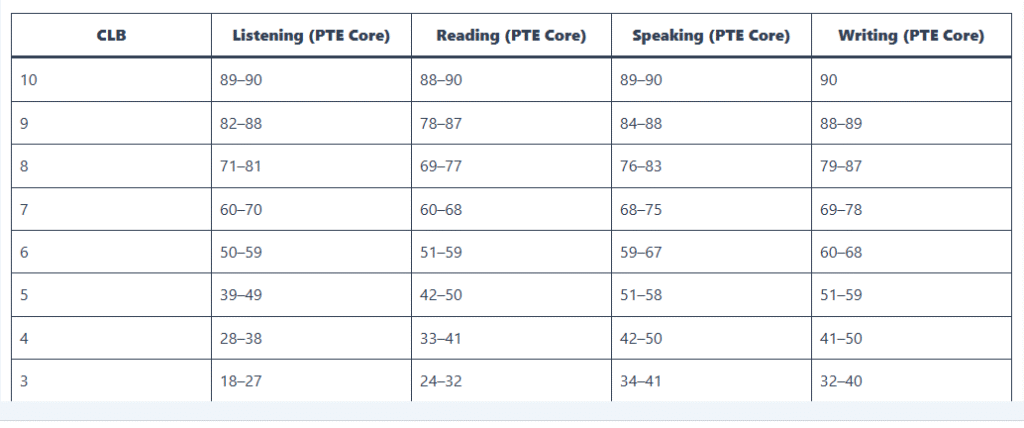To be competitive for admission to the top U.S. law schools, you’ll generally need an LSAT score of around 170–175 (in the upper percentile) combined with a strong GPA. For schools ranked slightly lower you might target 160–165, but going higher on the LSAT significantly improves your chances.
Understanding LSAT Scores, Law School Predictor Tools & Why They Matter
The Law School Admission Test (LSAT) is scored from 120 to 180.
According to the Law School Admission Council (LSAC), the percentiles show that a score of 171 places you roughly in the 96.7th percentile of all test-takers.
Because law schools use LSAT scores (along with undergraduate GPA and other factors) to evaluate applicants, many aspirants use a “law school predictor” approach: comparing their LSAT + GPA to admitted student medians to gauge chances.
In that sense, a law school predictor tool (or calculator) can help you estimate where you stand. For example, you may pair your LSAT + UGPA using an online tool such as the one at https://gradewisecalculator.com/lsac-gpa-calculator/.
Why LSAT Scores Are So Important
- The LSAT remains one of the best predictors of first‐year law school performance.
- Knowing typical LSAT scores for various law schools helps you understand eligibility criteria and set realistic targets for your admissions strategy.
- With rising competitiveness (more applicants each cycle), having a strong LSAT score provides cushion and flexibility.
What Counts as a “Good” LSAT Score?
- The average LSAT score for law school enrollees is about 159 (for recent years) according to data.
- For top-50 law schools, a score around 165 is often a good target.
- For the elite law schools (Top 10 or “T14”), median LSAT scores are often 170–175 or higher.
So your target LSAT score should align with the law schools you are applying to:
- If you aim for top-10 schools → target ~170+
- If you aim for top-50 → target ~160-165
- If your LSAT is lower, you may still apply, but you’ll want other strengths (GPA, work experience, unique background) and possibly consider lower-ranked schools.
Top U.S. Law Schools: LSAT Score Ranges & Eligibility Criteria
Below is a table summarising select top U.S. law schools with their admitted LSAT percentile ranges and relevant eligibility notes.
| Law School | Approx. 25th %ile LSAT | Approx. 50th (Median) LSAT | Approx. 75th %ile LSAT | Key Eligibility / Notes |
|---|---|---|---|---|
| Yale Law School | ~171 LSD.Law+1 | ~175 LSD.Law+1 | ~178 College Essay Guy | Get Inspired+1 | Extremely competitive, holistic review. |
| Harvard Law School | ~170 manhattanreview.com+1 | ~174 manhattanreview.com | ~176 LSD.Law+1 | Strong GPA and leadership work preferred. |
| Stanford Law School | ~169 LSD.Law+1 | ~173 LSD.Law+1 | ~175 LSD.Law+1 | Small class size, very selective. |
| University of Virginia School of Law | ~167 LSD.Law | ~172 LSD.Law | ~174 LSD.Law | Top public law school; strong placement. |
| Columbia Law School | ~170 LSD.Law+1 | ~173 LSD.Law | ~175 LSD.Law | NYC‐based, heavy competition. |
Eligibility Criteria Highlights
- Most law schools require an undergraduate degree (or equivalent).
- GPA (undergrad) matters in conjunction with LSAT. Many top schools expect GPAs 3.7 + (or higher). LSD.Law+1
- Admissions are holistic: LSAT + GPA + personal statement + work/leadership experience + recommendations.
- Some schools review LSAT/GPA combinations using internal “law school predictor” logic (e.g., many tools and calculators allow you to plug in your LSAT + GPA to estimate chances).
Deep Dive: How to Interpret LSAT Score Data & Use a Law School Predictor
Understanding Percentiles
The LSAC publishes percentiles: for example, a score of 171 corresponds to roughly 96.7 % of test-takers being below you.
This means that if you score 171, you’re outperforming ~97% of LSAT takers — which positions you strongly for admission to elite law schools.
Using a Law School Predictor / Calculator
A law school predictor takes your LSAT score + GPA + sometimes other factors and estimates your chances at particular law schools.
How to use it effectively:
- Plug in your actual LSAT score and UGPA into a calculator (for example: https://gradewisecalculator.com/lsac-gpa-calculator/).
- Compare your numbers against the 25th/50th/75th percentiles of your target schools.
- Develop tiers:
- Stretch schools: your score is at or just above median for a school.
- Match schools: your score is comfortably above the 25th percentile and close to the median.
- Safety schools: your score is above the median of the school, giving you more cushion.
- Recognize that LSAT + GPA are major but not sole criteria — your personal statement, work experience, leadership, and fit matter.
Strategy Based on Score Range
- Scoring 170+: You are competitive for the top‐tier law schools (T14, etc.). Focus on maximizing your application strength overall.
- Scoring 160-169: You can apply to strong law schools (top 50) but may need to build application strength and possibly adjust expectations about “top-10”.
- Scoring <160: You still may be eligible but should broaden your school selection, spotlight strengths beyond LSAT, and consider retaking the exam.
Caveats & Trends
- LSAT competition is increasing: the applicant pool is larger, meaning even strong scores may face tougher competition.
- Median LSAT scores for many law schools have gradually increased over years — staying updated matters.
- Some schools now experiment with test‐optional or alternative admission pathways (though LSAT remains dominant).
Practical Tips to Improve Your LSAT Score & Application
- Start early: Allow many months (6-12) for LSAT prep if targeting 170+.
- Simulate realistic timed practice tests: Score scaling varies, and the difference between raw and scaled matters.
- Target your shortfalls: If you see weaknesses in logic games, reading comprehension, or reasoning, focus your prep there.
- Leverage your UGPA: If your GPA is weaker, a strong LSAT can compensate to some degree.
- Build your non-academic profile: Internships, leadership roles, writing samples and personal statements can differentiate you.
- Use a law school predictor: Regularly benchmark your LSAT + GPA against school data as you progress.
- Retake if needed: Many applicants boost their LSAT with a second attempt; if your first score is significantly below your target, plan accordingly.
- Stay aware of trends: Monitor changes such as writing section updates or structural changes to the LSAT.
FAQs – Frequently Asked Questions About LSAT Scores & Law School Admission
Q1: What is the lowest LSAT score accepted by law schools?
A: Different schools have different thresholds. Some less competitive ABA-approved law schools accept LSAT scores in the 140-150 range, but you should always check a school’s reported 25th percentile LSAT.
Q2: Does a high LSAT guarantee admission to a top law school?
A: No. While a high LSAT (e.g., 170+) greatly helps, admission also depends on GPA, personal statement, experience, recommendations, and fit. The process is holistic.
Q3: How many law schools are there in the U.S.?
A: There are roughly 200 ABA-accredited law schools in the U.S. you can apply to via the official guide.
Q4: Can I use a law school predictor to know my exact chance of admission?
A: A predictor provides an estimate based on LSAT + GPA and historical data. It cannot guarantee admission, but it offers useful insight into which schools are realistic targets.
Q5: If my LSAT is below my target, should I apply anyway or wait and retake?
A: If your score is significantly below the median for schools you aim for, consider retaking the LSAT. If time or circumstances prevent that, broaden your list of schools (including those matching your current score) and strengthen other parts of your application.
Final Thoughts
Your LSAT score plays a central role in law school admissions — especially for the best law schools in the U.S. By understanding lsat scores for top law schools, using a law school predictor tool, aligning your target schools with your profile, and preparing strategically, you significantly improve your chances. Remember that your LSAT is one piece of the admissions puzzle — combine it with strong academics, clear motivation, and meaningful experience.
Use the calculator link (https://gradewisecalculator.com/lsac-gpa-calculator/) to check your LSAT + GPA against the schools you’re interested in.
With informed preparation and smart strategy, you’ll be in a strong position for the law school admissions game.




